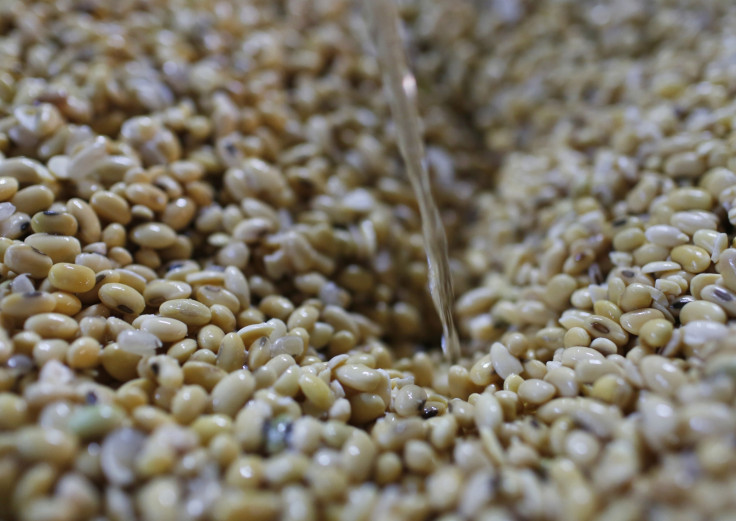Breast cancer: Soyfoods can reduce tumour recurrence

Eating soyfoods can boost immune response against breast tumours and reduce recurrence, shows a study contradicting earlier claims that soyfoods are not good for women diagnosed with breast cancer.
The timing of the food consumption turns out to be the differentiator.
Soy, specifically genistein (an isoflavone), was thought to stimulate the growth of breast cancer cells and disrupt anti-estrogen treatment based on studies in mice that do not have immune cells that attack the tumour.
The findings tally with observations that found women who have long been consuming more than 10mg isoflavones daily at reduced risk of breast cancer recurrence, compared with women who consume less than 4mg isoflavones daily.
A cup of soymilk has about 30mg isoflavones, the majority of which is genistein.
The new study conducted at Georgetown Lombardi Comprehensive Cancer Center and presented at the American Association for Cancer Research (AACR) Annual Meeting investigated previous findings of the group indicating the beneficial effects of genistein.
In their previous study, Leena Hilakivi-Clarke, professor of oncology and her doctoral student Xiyuan Zhang, the lead author of the current study, found that rats that consumed genistein throughout their lifetimes responded better to anti-estrogen treatment than did control rats.
They also had reduced risk of cancer recurrence.
However genistein, found in soyproducts also activates human estrogen receptors, mimicking estrogen, which can make existing cancer cells grow.
The trick as discovered by the team is to consume genistein well before a tumour develops.
In rats fed genistein before puberty, the T cell immune response was activated already before they started treatment with tamoxifen (an anti-estrogen therapy).
The tumour's attempt to hide from an immune system attack was thwarted.
When genistein is delayed, other immune cells are able to disable the ability of the T cells to recognise tumours.
"I am concerned that some patients may start taking soy supplements when they shouldn't and that others will stop eating soyfoods when they could really benefit from them," says Leena Hilakivi-Clarke.
Soy isoflavones belong to a class of plant-based compounds known as phytoestrogens, because they are similar in chemical structure and function to the female sex hormone estrogen.
For this reason, they provide an alternative for postmenopausal women who cannot tolerate conventional hormone replacement therapy for a variety of reasons.
Regular isoflavone intake has been associated with a significantly lower level of bone resorption.
Soy isoflavones occur naturally in soybeans and can be found in several soy-based foods such as miso, soy sauce, tofu, edamame, soy milk and soy butter.
© Copyright IBTimes 2024. All rights reserved.





